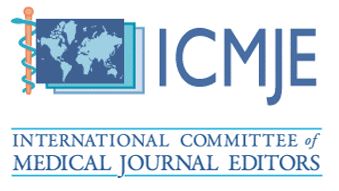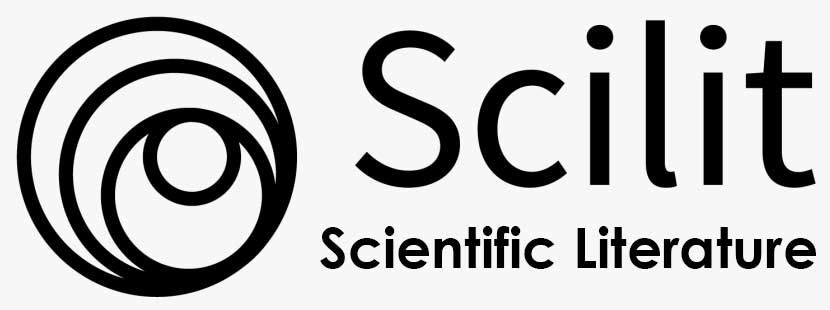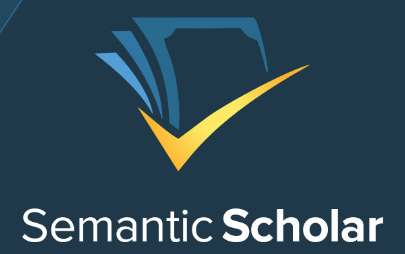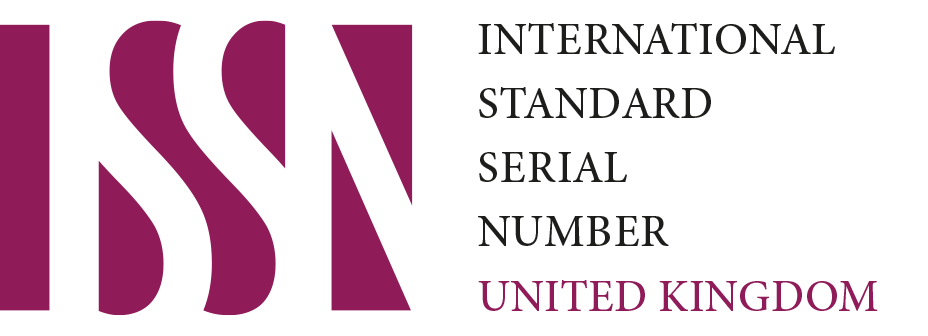Utilizing Music Therapy for Enhanced Recovery from Neurologic Disease Complications
Sasan Bahrami*
Shiraz University of Medical Sciences, Shiraz, Iran.
*Corresponding Author: Sasan Bahrami, Shiraz University of Medical Sciences, Shiraz, Iran.
DOI: https://doi.org/10.58624/SVOANE.2024.05.0121
Received: November 17, 2023 Published: January 02, 2024
Abstract
Neurologic music therapy (NMT) has proven instrumental in aiding recovery from complications in patients with a diverse range of neurologic diseases. Integrating music and virtual reality with standard rehabilitation therapies enhances patient compliance and makes therapy more enjoyable. The act of listening to music not only reduces epileptiform discharges but also amplifies brain plasticity. Moreover, music induces discernible variations in brain anatomy between musicians and non-musicians. As a cost-effective intervention, music therapy significantly contributes to the accelerated and efficient recovery of post-stroke patients, particularly when applied promptly after the event. Substantial evidence supports the integration of music into rehabilitation programs, facilitating the recovery of hand function, dexterity, spatial movement, cognitive function, mood, coordination, stride length, and memory. Techniques such as learning words as lyrics, melodic intonation therapy, and singing play crucial roles in expediting recovery for aphasic patients. Recognized by the World Rehabilitation Federation, NMT therapists are valuable members of the rehabilitation team. The approval of NMT as an effective, evidence-based treatment method underscores its significance in enhancing patient outcomes.
Keywords: Neurologic diseases; Music; Rehabilitation; Neurologic music therapy; Stroke
Citation: Bahrami S. Utilizing Music Therapy for Enhanced Recovery from Neurologic Disease Complications. SVOA Neurology 2024, 5:1, 07-20.











